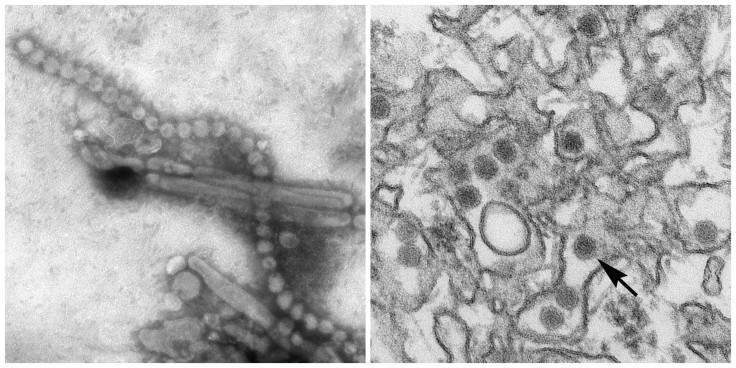Zika First Symptoms Facts And Myths 2016: Flu, Fever, Signs Of Infection

As Zika virus continues to infect Americans, with a total of 1,825 cases reported so far, health officials in at-risk areas like Miami, Florida encourage the public to be aware of the first signs of infection. Because Zika symptoms can be confused with the flu, it’s important to know how to protect yourself and recognize the symptoms as they first appear.
Zika symptoms typically begin within two to seven days after a person is infected. Roughly one in five people infected with Zika experience symptoms. The most common signs include mild fever, rash, joint or muscle pain, headaches, and red eyes. The public runs the risk of mistaking Zika for the flu, but knowing the characteristics of each condition is key to prevention and further infection. Both the flu and Zika can cause fevers, muscle or body aches, and headaches. However, the flu also causes coughing, sore throats, and runny or stuffy noses.
According to the Centers for Disease Control and Prevention (CDC), Zika virus is mostly spread to people through the bite of an infected mosquito, however, a more insidious aspect of the disease is that it can be passed through sex from a person who has Zika. The symptoms can be mild enough for an infected person to skip a visit to his or her doctor, making the risk of infecting others higher.
While most people fully recover a week after infection, if they don’t make the effort protect themselves after experiencing even mild symptoms, another mosquito can bite them and contract the virus from their bloodstream, which can then be transferred to the next person who is bitten.
The virus is most dangerous for pregnant woman; Zika can cause miscarriage and the potentially fatal brain condition known as microcephaly in their fetuses. It may also cause another neurological disorder such as Guillain-Barre syndrome. The virus’ impact on children is also a concern. Because children’s immune systems are naturally weaker than adults, symptoms can persist more aggressively, including vomiting and diarrhea.
There is no vaccine or treatment for Zika, so people living in and traveling to or from areas where Zika is present should take steps to prevent infection. While researchers work towards expediting a vaccine, the CDC recommends that people cover exposed skin with long-sleeved shirts and pants, use EPA-registered insect repellants that contain at least 30 percent DEET, and sleep in screened-in or air-conditioned rooms with the windows shut. For young children, parents can use mosquito netting to cover babies in strollers, carriers, and cribs to avoid mosquito exposure.
To learn more about the early symptoms and warning signs you’re infected, read here.



























